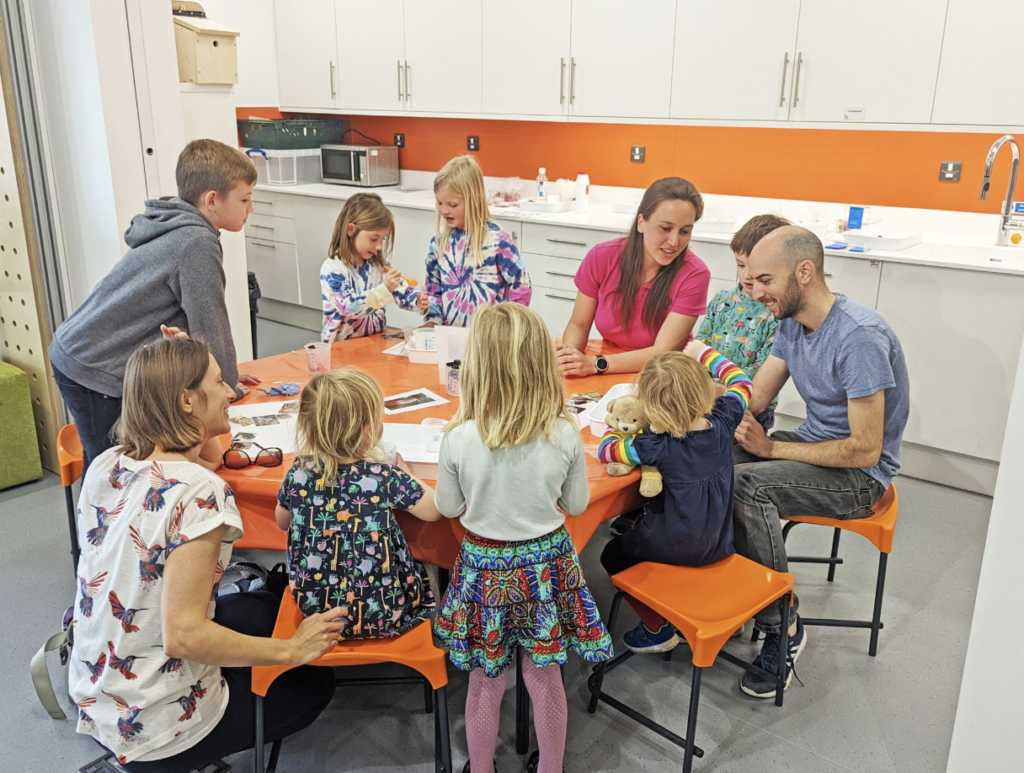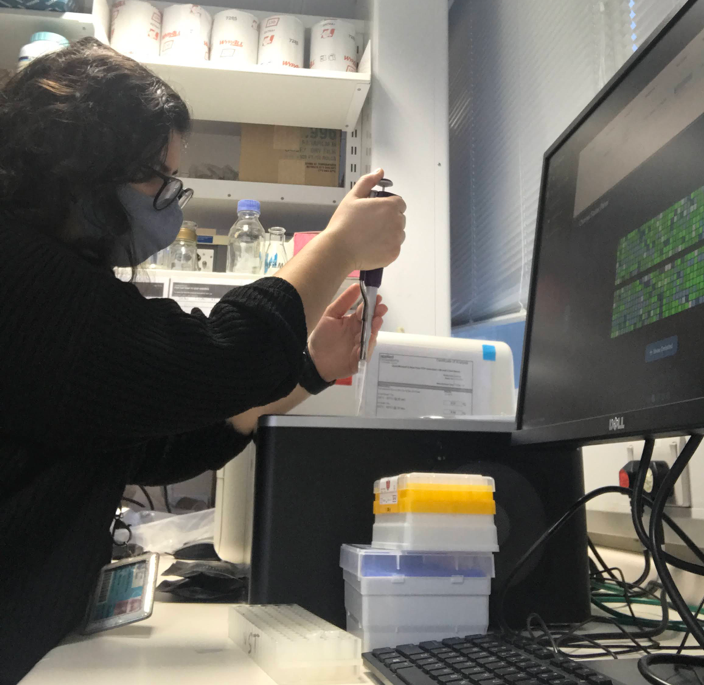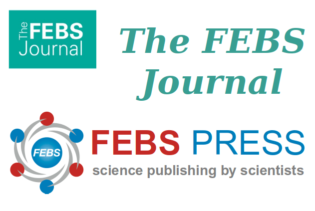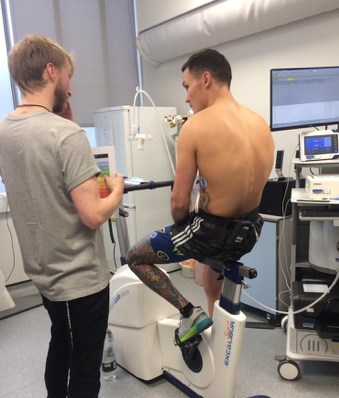Katie Gelder, a 4th-year PhD student at the University of Sheffield, completed her PIPS at the Medicines Discovery Catapult (MDC), based at Alderley Park in Cheshire.
Where did you go and what did you go?
I did my PIPS at the Medicines Discovery Catapult (MDC). A non-profit organisation of ~ 140 people, which aims to bridge the gap between academia and industry, generating a wealth of knowledge and contacts to further drug discovery. MDC is mainly funded by Innovate UK but also has an assortment of assays that are available at a fee for service. This enables smaller companies and groups, that don’t have the equipment or expertise, to progress in the drug discovery pipeline, reducing the time it takes to get medicines to patients.
My project was to develop an ex vivo assay to study mouse brains and tumours to determine the effects of drugs on specific cell types, such as neuronal networks in the brain or vasculature in tumours following an in vivo project. This will allow us to determine more specifically the mechanism of action of the drug of interest. This project was a collaboration between the pre-clinical imaging team and the microscopy team, providing me with the opportunity to perform tissue fixation, immunofluorescence and several different microscopy techniques while learning how to analyse 3D datasets.
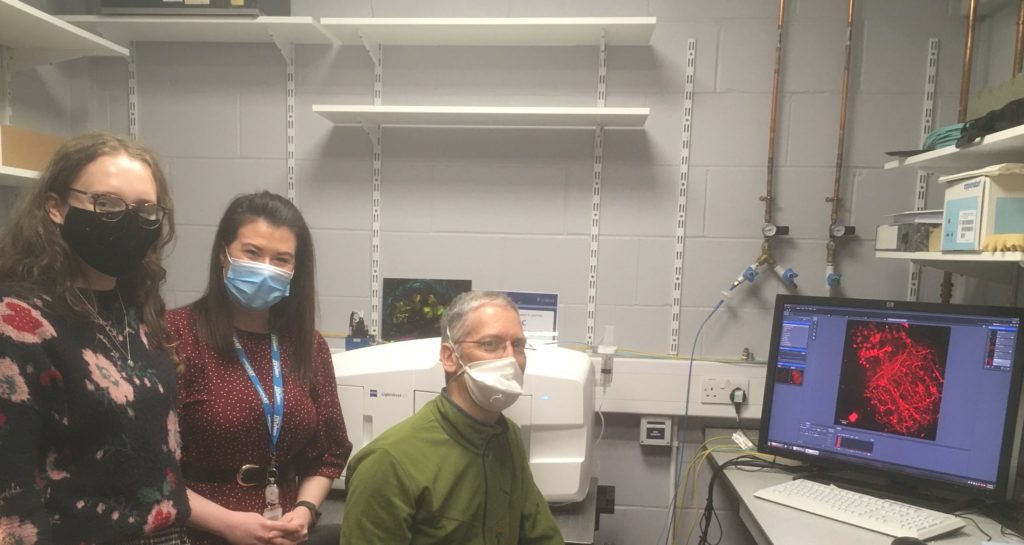
What made you want to do that particular placement?
This placement stood out to me for several reasons. Firstly, I was extremely interested in experiencing this middle ground between industry and academia. I know that I want to stay in science and so I wanted to gain experience in an industry that I had not yet considered. The cross-functional nature of this project between the pre-clinical imaging team and the microscopy team was also appealing, by having the chance to work with different people I had more of an opportunity to learn. I have also never done in vivo work before or worked with tissues – this project was the perfect crash course into another area of science that I have not yet had the opportunity to experience. Overall, this placement ticked a lot of boxes for me.
How did you go about finding and planning your PIPS?
I learned about this placement through a job advert circulated through the Science Graduate School at the University of Sheffield. These placements were competitive and not specifically directed at White Rose BBSRC PhD Students. The project which I applied for was well defined, and after sending through my application and interviewing I was delighted to have got the offer to undertake a 4-month placement at MDC.
What have you gained from doing your PIPS?
I have learned a lot during my PIPS placement, not necessarily all scientific based. It is true that I have gained experience working with tissues including fixing and tissue clearing along with the challenges that are posed when looking at whole mouse organs and analysing large datasets. I have also gained a greater knowledge of Scientific drug discovery outside of larger pharmaceutical companies, and how rewarding it can be to work with smaller enterprises. This experience has also increased my appreciation for collaboration – working within MDC has taught me that so much can be achieved just by sending an email. At MDC I have not only gained industry experience but skills that I will continue to use throughout my career.
How would you sum up your PIPS experience?
Overall, I have really enjoyed working for the MDC, the environment which is cultivated there is one of innovation and collaboration, a group of lovely individuals working towards the same goal. I have gained so much experience that was outside the scope of my PhD and managed to make a lot of progress in such a short amount of time. This placement has opened my eyes to the different options available post-PhD either in an organisation like the MDC or in drug discovery in smaller companies.
What advice would you give to other PGRs about PIPS?
Choose a PIPS placement that allows you to gain the newest experience in a field/industry that you are interested in. It’s the perfect opportunity to try something new and learn something that you otherwise would not have the opportunity to do.


